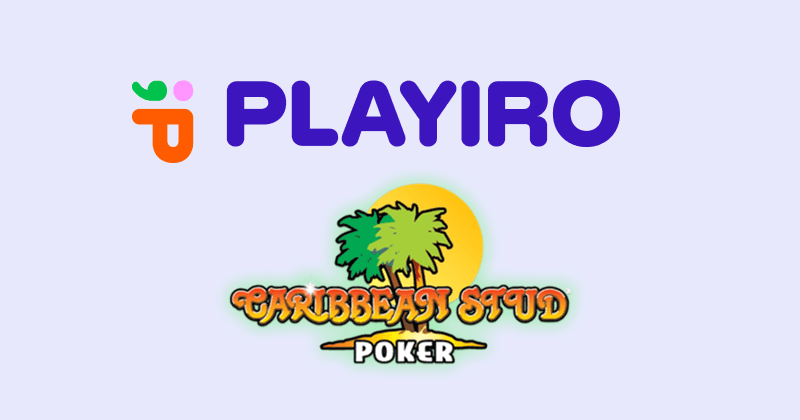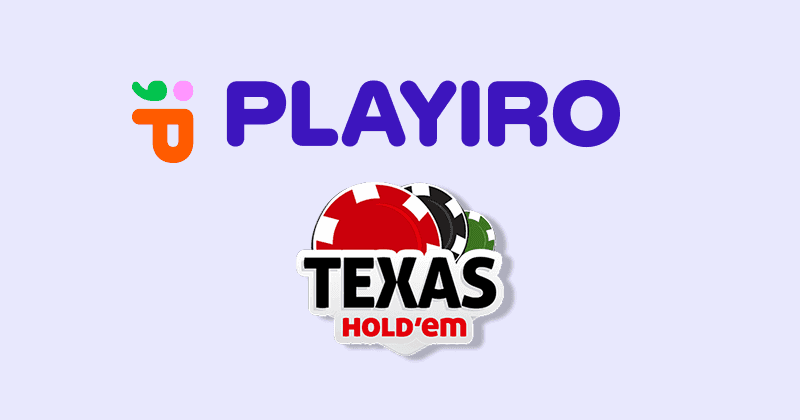
Poker Game Rules
This guide explains the basic Poker rules, covers key gameplay concepts, introduces popular variants like Texas Hold’em and Omaha, and includes strategies, tips, and FAQs to help you master the game.
Created By Adam Davis Fernsby
How to Play Poker
Poker is one of the most popular card games in the world, combining strategy, psychology, and a little luck. Whether you're playing casually with friends or competing in professional tournaments, the goal is simple: form the best five-card hand or bluff your opponents into folding.
Here is a complete breakdown to how you play the game:
Preparations
- Deck: Standard 52-card deck.
- Chips: Used for betting (play or real money).
- Blinds or Antes: Forced bets to seed the pot.
- Dealer Button: Rotates clockwise each hand.
- Betting Structure: Choose No-Limit, Pot-Limit, or Fixed-Limit.
- House Rules: Agree on table rules (e.g., raises per round, buy-ins, payouts).
Gameplay Overview
Poker revolves around betting rounds where players act based on their cards, position, and strategy.
1. Blinds or Antes
- Each hand begins with forced bets to start the pot:
- Blinds: Small blind + big blind.
- Antes: A small forced bet by every player (common in tournaments).
2. Dealing Cards
- Players receive private cards (hole cards).
- Number of cards depends on the variant (e.g., 2 in Texas Hold’em, 4 in Omaha).
3. Betting Rounds
Players can:
- Check → Take no action if no bet has been made.
- Bet → Place chips into the pot.
- Call → Match another player’s bet.
- Raise → Increase the current bet.
- Fold → Discard your hand and exit the round.
4. Community Cards
- In games like Texas Hold’em and Omaha, community cards are dealt face-up:
- Flop → First 3 cards.
- Turn → Fourth card.
- River → Fifth card.
5. Final Betting Round
- After the last card, players make a final round of bets.
6. Showdown
- If two or more players remain, hands are revealed.
- The best five-card hand wins the pot.
Special Actions
- All-In: Betting all remaining chips.
- Side Pots: Created when one or more players go all-in while others continue betting.
How to Win in Poker
Poker can be won in two main ways:
- Best Hand: Make the strongest five-card hand at showdown.
- Bluffing: Convince opponents to fold better hands.
Winning Techniques:
- Value Betting → Get called when holding strong cards.
- Aggressive Play → Force opponents to fold weak holdings.
- Pot Control → Keep pots small with marginal hands.
- Reading Opponents → Analyze betting patterns and tendencies.
Poker Hand Rankings (High to Low)
| Rank | Example | Description |
|---|---|---|
| Royal Flush | A♠ K♠ Q♠ J♠ 10♠ | Ace-high straight flush |
| Straight Flush | 9♦ 8♦ 7♦ 6♦ 5♦ | Five cards in sequence, same suit |
| Four of a Kind | Q♠ Q♥ Q♦ Q♣ 7♠ | Four cards of the same rank |
| Full House | K♠ K♦ K♥ 3♣ 3♠ | Three of a kind + one pair |
| Flush | A♦ J♦ 8♦ 4♦ 2♦ | Five cards of the same suit |
| Straight | 8♠ 7♦ 6♣ 5♠ 4♥ | Five consecutive cards, any suit |
| Three of a Kind | J♠ J♦ J♥ 6♣ 9♦ | Three cards of the same rank |
| Two Pair | 10♠ 10♣ 7♦ 7♠ 5♥ | Two different pairs |
| One Pair | A♠ A♦ 5♣ 8♠ 2♥ | Two cards of the same rank |
| High Card | A♠ 9♦ 7♣ 4♥ 3♠ | Highest single card plays |
Basic Poker Strategy
Starting Hand Selection
- Fold weak hands preflop.
- Play strong hands aggressively.
- Adjust based on position (later positions give more info).
Bluffing
- Bluff occasionally, but do so strategically.
- Best used when your betting story makes sense.
Value Betting
- Bet when you expect opponents to call with worse hands.
Position Matters
- Acting later in a round gives you more information.
Other Tips
- Don’t chase unlikely draws.
- Watch opponents’ betting patterns.
- Use continuation bets after raising preflop.
Bet Sizing & Stack Management
- Opening Raise: Typically 2x–4x the big blind.
- Postflop Bets: 50%–100% of the pot, depending on hand strength.
- Pot Odds & Implied Odds: Learn when calling is mathematically profitable.
- Adjust vs Player Types:
- Tight → Value bet more.
- Loose → Bluff more selectively.
- Aggressive → Use patience and traps.
Popular Poker Variants
There are a many different verisons of this beautiful game. Here you can learn about all of them:
Texas Hold’em (Most Popular)
- 2 hole cards, 5 community cards.
- Make the best 5-card hand using any combo.
- Most common in tournaments and cash games.
Omaha
- 4 hole cards, must use exactly 2 + 3 community cards.
- More action-heavy; common in Omaha Hi-Lo split-pot games.
5-Card Draw
- Each player gets 5 private cards.
- After betting, players may discard & draw new cards.
- Popular for home games.
7-Card Stud
- No community cards.
- Players receive a mix of face-up and face-down cards.
- Best 5-card hand wins.
Razz
- A lowball version of 7-Card Stud.
- Lowest 5-card hand wins (straights & flushes ignored).
Short Deck (6+ Hold’em)
- Similar to Hold’em but cards 2–5 are removed.
- Flushes beat full houses in hand rankings.
Pineapple & Crazy Pineapple
- Like Texas Hold’em but players get 3 hole cards, discarding one later.
Chinese Poker
- Players receive 13 cards and create three poker hands.
- Points are scored based on hand comparisons.
HORSE
- Rotates between Hold’em, Omaha Hi-Lo, Razz, Stud, and Stud Eight-or-Better.
- Tests all-around Poker skills.
Badugi
- Lowball draw variant.
- Best hand = 4 unique low cards, all different suits.
Overview of Poker Rules
| Aspect | Details |
|---|---|
| Goal | Win pots by forming the best hand or forcing folds |
| Deck | 52 cards |
| Bets | Use chips or money; structure varies |
| Actions | Check, bet, call, raise, fold |
| Win | Best five-card hand or all opponents fold |


